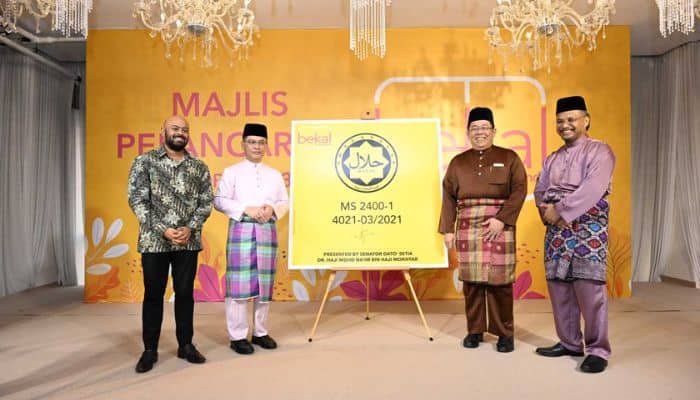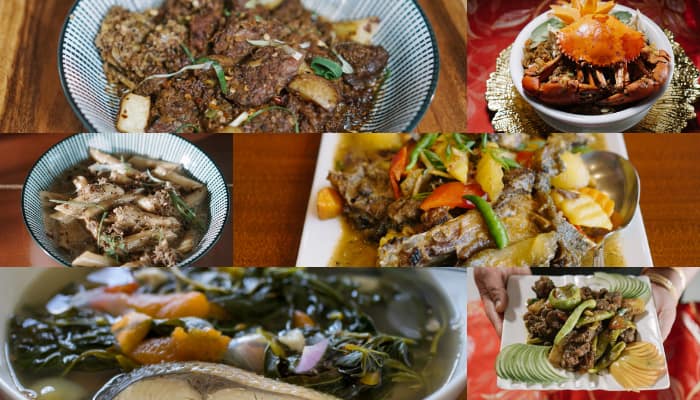Singapore – Southeast Asia has once again emerged as the world’s leading Muslim tourist destination, with Indonesia and Malaysia tied for the top spot among 145 global destinations. This is according to the latest edition of the Mastercard-CrescentRating Global Muslim Travel Index (GMTI).
The report noted that Indonesia and Malaysia both ranked in the list of leading destinations by the Non-Organization of Islamic Cooperation (OIC), as well as scoring favourably on ease of entry and quality of tourism infrastructure for both Muslim and non-Muslim travellers.
It is also worth noting that Singapore has consistently led among OIC destinations for the ninth consecutive year, underscoring its unwavering dedication to cater to Muslim travelers by widespread availability of Halal food, prayer facilities, suitable airport amenities, and Muslim-friendly accommodation.
Moreover, Thailand maintained its position in the top five non-OIC destinations, owing to efforts towards promoting Halal tourism like increasing Halal food availability, integration of Muslim-friendly amenities at tourist spots, and enhanced accommodation and dining options for Muslim travelers.
In addition, the Philippines recorded an increase in its score on communications compared to 2023. Among non-OIC destinations, the Philippines has steadily increased its appeal to Muslim tourists by strategically developing their Halal Tourism portfolio, enhancing halal accreditation of hotels and restaurants, and conducting Halal awareness orientations.
According to the report, the Muslim travel market is set for a significant uptick this year, with global international arrivals potentially reaching up to 168 million, exceeding pre-pandemic levels by as much as 5%.
This growth in volume highlights the rising prominence of the segment, driven by demographic and economic expansion, cultural and Halal tourism development, and technological advancements that enable more personalized travel experiences for Muslim travelers, such as apps that locate Halal food outlets, Qibla directions, and prayer timings. The impact of artificial intelligence is also helping further customize travel experiences to simplify travel logistics while adhering to faith traditions.
Safdar Khan, division president of Southeast Asia at Mastercard, said, “According to the latest report from the Mastercard Economics Institute (MEI), travellers from and to Southeast Asia are becoming increasingly focused on getting the best value from their trips to ensure the most unforgettable experiences, a shift echoed in the rapidly growing global Halal tourism industry. At the same time, technology is helping this demographic to travel in ways that meet their unique needs, from AI-powered hyper-personalized experiences to Mastercard’s own enablement of easy and secure cross-border payments.”
He added, “Together this heralds a new level of convenience for Muslim travellers and unlocks a new era of growth and profitability for travel operators. Mastercard’s long-running collaboration with CrescentRating is both a testament to the strength of the partnership and the ongoing importance of understanding and serving Muslim travellers.”
Meanwhile, Fazal Bahardeen, founder and CEO at CrescentRating, commented, “It is encouraging to see that the travel sectors in Indonesia, Malaysia, and Singapore not only maintained their rankings in this year’s GMTI, but also improved their individual scores. This reflects a broader trend of increased consideration for Muslim travellers, with average scores across the Index rising by 10%.”
He added, “It is also positive to see the Philippines continue to improve its score, which demonstrates the unwavering commitment of the Department of Tourism to bolstering Muslim-friendly tourism and advancing the destination’s appeal. As Muslim travel continues to gain momentum, the GMTI 2024 report provides invaluable insights for stakeholders across the travel and tourism sector to leverage the growing Muslim travel market.”




